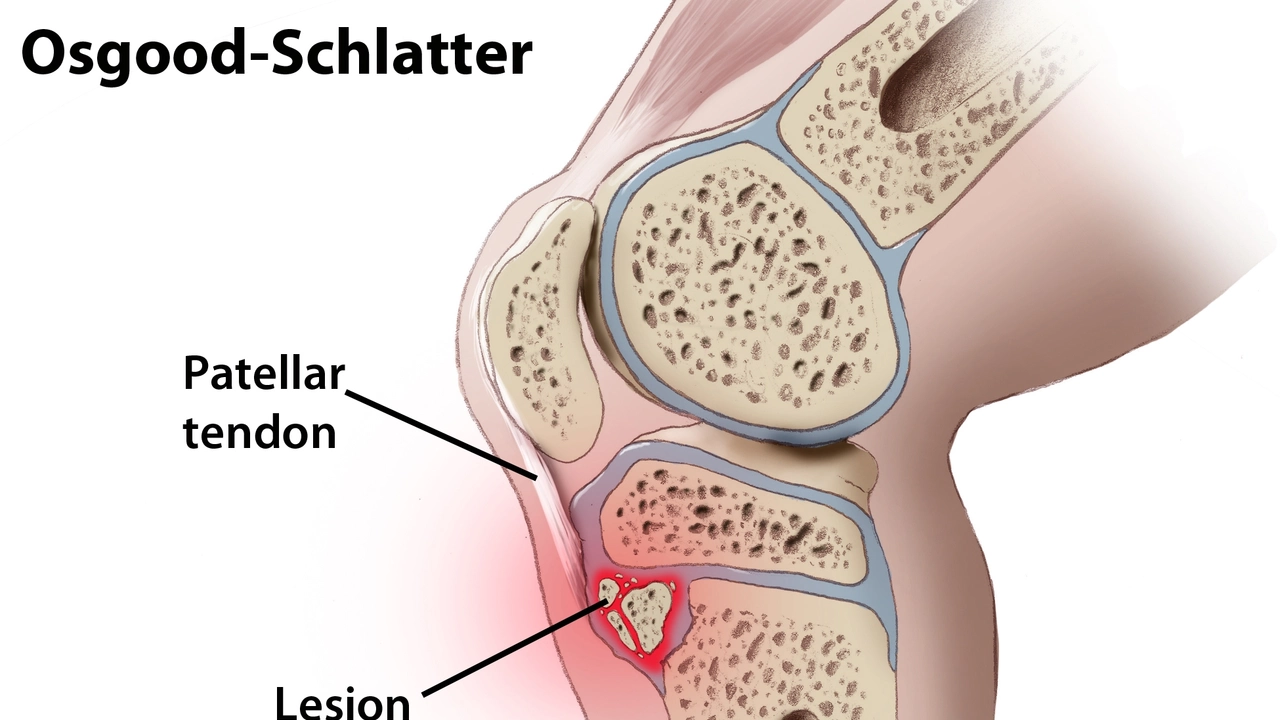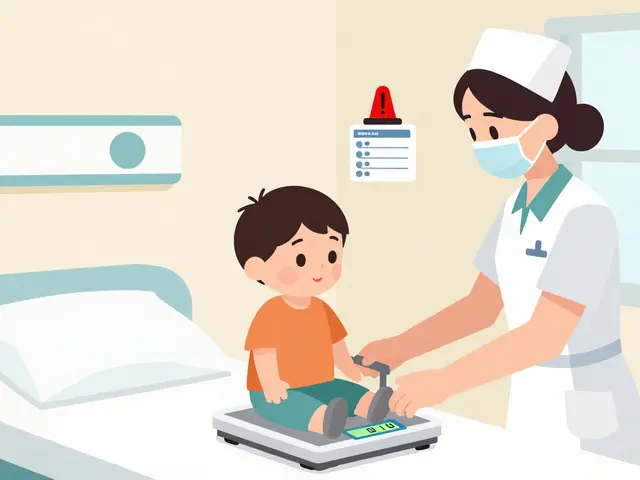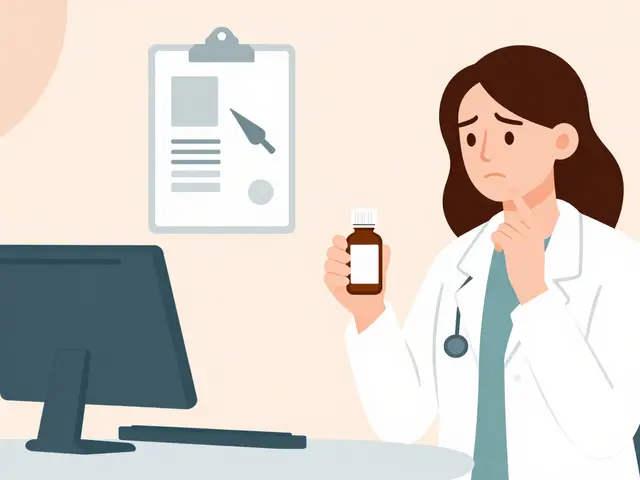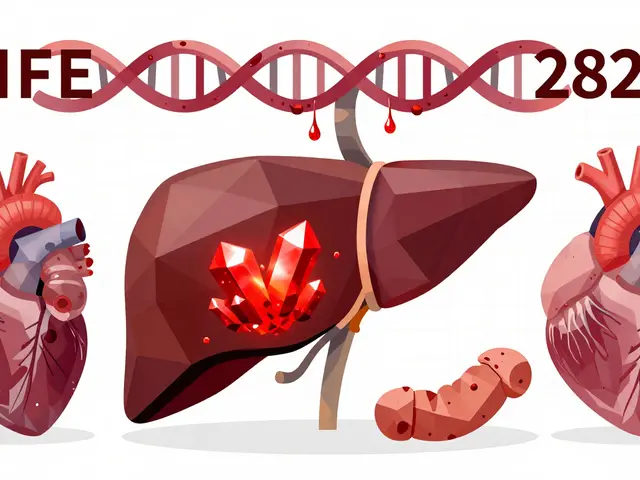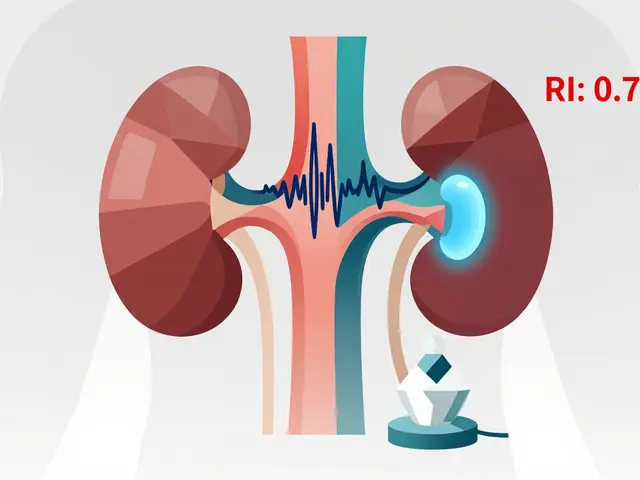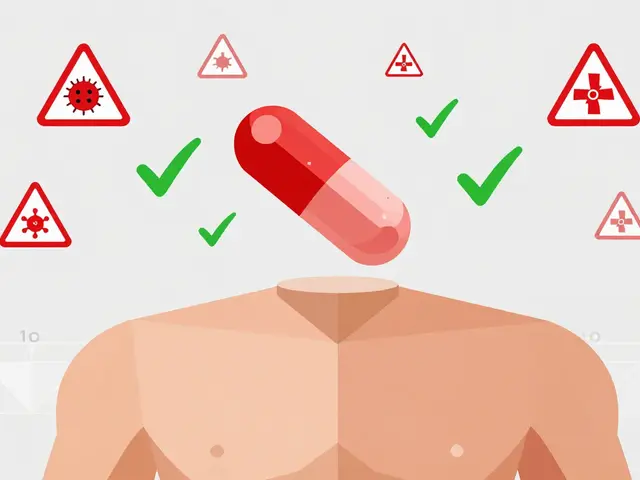Osteodystrophy: What It Is and Why Your Bones Hurt
Osteodystrophy is a bone problem that usually shows up when something else in your body is out of balance. Most commonly it’s linked to chronic kidney disease (CKD), but hormones, vitamin D, and calcium issues can cause it too. If you’ve been feeling bone pain, getting more fractures than expected, or noticing weak muscles, osteodystrophy could be behind it.
What causes osteodystrophy?
Think of bones as living tissue that needs the right signals to stay strong. Kidneys, parathyroid glands, vitamin D, and calcium all send those signals. When kidneys fail, they can’t activate vitamin D or remove extra phosphate. That throws off calcium levels and makes the parathyroid glands work overtime. The result: bones lose density, get softer, or form oddly—this is osteodystrophy.
Other causes include long-term low vitamin D, certain hormone disorders, and some medicines. Older adults and people with long-standing metabolic problems are at higher risk.
How do you know if you have it?
Symptoms vary. Some people only notice vague bone aches, tiredness, or weaker muscles. Others may see bone deformities, shorter height, or fractures from minor bumps. Blood tests often show abnormal calcium, phosphate, parathyroid hormone (PTH), and vitamin D levels. Your doctor may order X-rays, bone density scans (DEXA), or special bone markers to get the full picture.
If you have CKD, your care team should already watch these numbers. If they’re not checking them, ask—early detection makes treatment simpler and more effective.
Treatment and everyday steps that help
Treatment targets the cause. For kidney-related osteodystrophy, that means fixing phosphate and calcium levels, controlling PTH, and giving active vitamin D when needed. Sometimes doctors use phosphate binders, vitamin D supplements, or medications that reduce PTH activity. Severe cases may need more advanced medical care.
At home, simple moves matter: eat a balanced diet with the right calcium and vitamin D amounts for your situation, avoid smoking, limit excess alcohol, and stay active with weight-bearing exercise like walking. If you have kidney disease, follow dietary rules your nephrologist gives—too much phosphate or certain supplements can make things worse.
Fall prevention matters if your bones are weak—make living spaces safer, keep good lighting, and consider physical therapy to improve balance.
Got questions about medicines or supplements? Ask your doctor before starting anything new. Some over-the-counter bone boosters can interact with prescription drugs or with kidney function.
If you notice persistent bone pain, frequent fractures, or changes in posture, bring it up with your doctor. Early tests and a clear plan cut down complications and help you stay active.
Want more on bone health and related meds? Our site covers kidney-related bone care and other treatments that affect bones—check trusted articles or talk to your clinician for advice tailored to you.
In my recent studies, I've discovered how crucial early detection is in preventing osteodystrophy, a disorder that affects bone integrity. It usually accompanies chronic kidney diseases and can lead to severe complications if not identified and treated promptly. Regular bone density screenings and keeping a check on blood calcium levels are vital for early detection. Maintaining a balanced diet rich in vitamin D and calcium, along with prescribed medications, can help manage the condition. Remember, early detection is key to prevention and successful treatment.
Continue reading...

